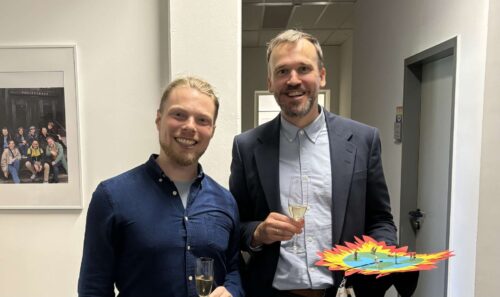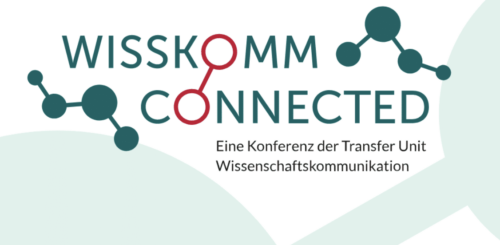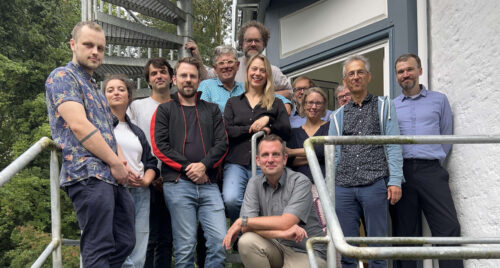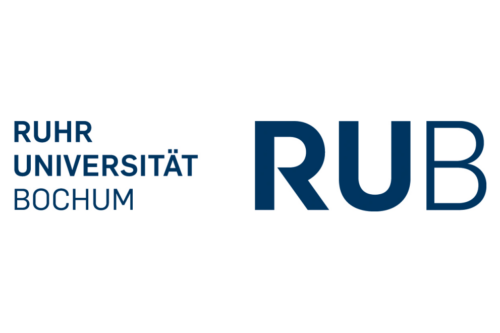Lab Digital Communication and Information Diversity
Our digital information environment is complex: diverse, but also characterized by a lack of transparency, fake news and algorithms. The “Digital Communication and Information Diversity” (DCID) lab systematically examines how we use digital media and the quality of our diverse information. By combining social research and computer science, we create sound knowledge about the challenges of digital communication.

Presentation on LLMs for text classification at the 2024 AoIR Conference
1. November 2024

Study on systemic risks of platforms on behalf of the Federal Network Agency
25. October 2024

ZeMKI at the European Communication Conference 2024
20. September 2024

Presentation by Prof. Cornelius Puschmann at the WIN conference “Foundations and Perspectives of European Platform Regulation” in Heidelberg
17. September 2024

Successful dissertation colloquium by ZeMKI member Patrick Zerrer
13. September 2024

INDI project represented at the “Wisscomm Connected” conference in Berlin
11. September 2024

ZeMKI steering committee meets for annual retreat
For two days, the Bredbeck Estate in the district of Osterholz was dedicated to the further development of the research strategy of the Centre for Media, Communication and Information Research (ZeMKI) at the University of Bremen. On September 3 and 4, 2024, a total of 14 members of the ZeMKI Steering Committee discussed medium-term goals (…)
4. September 2024

DCID Lab Participates in 'Qualitative Digital Methods' Conference at Ruhr University Bochum"
4. September 2024



